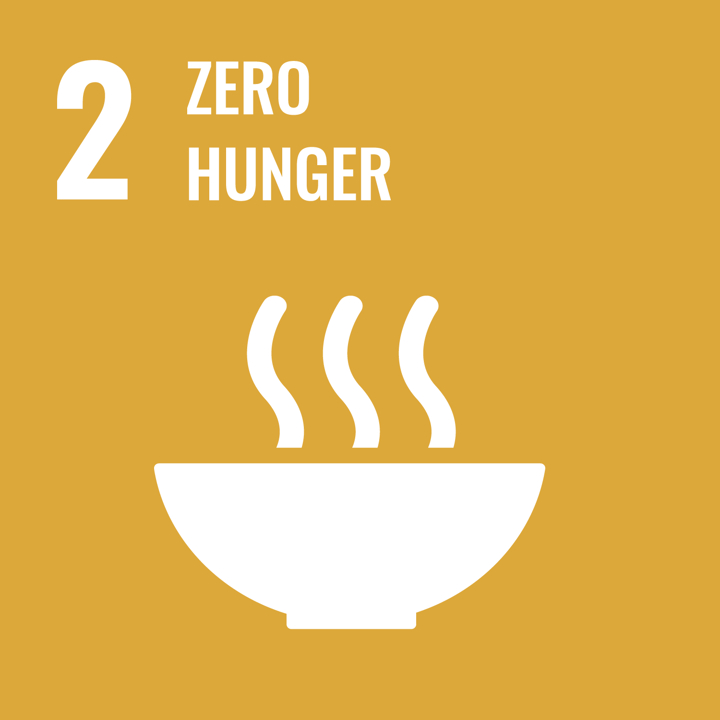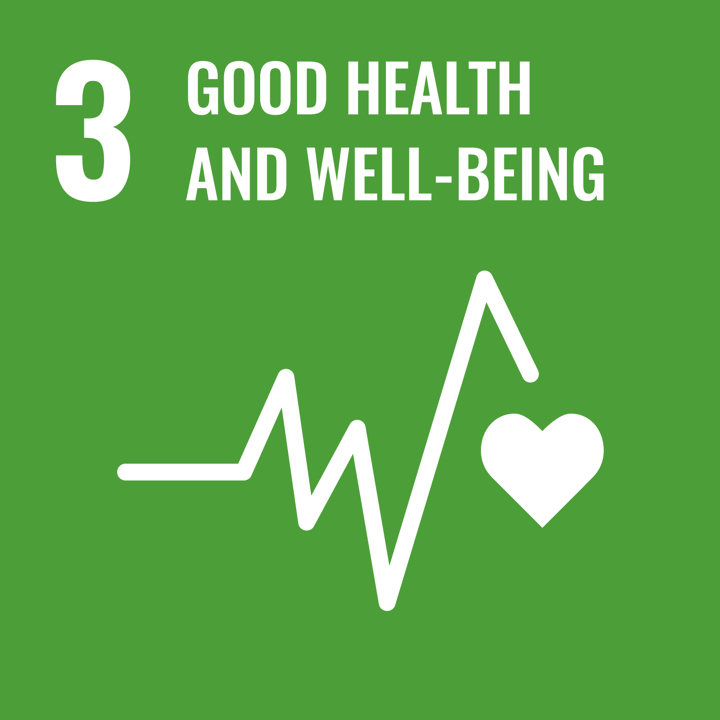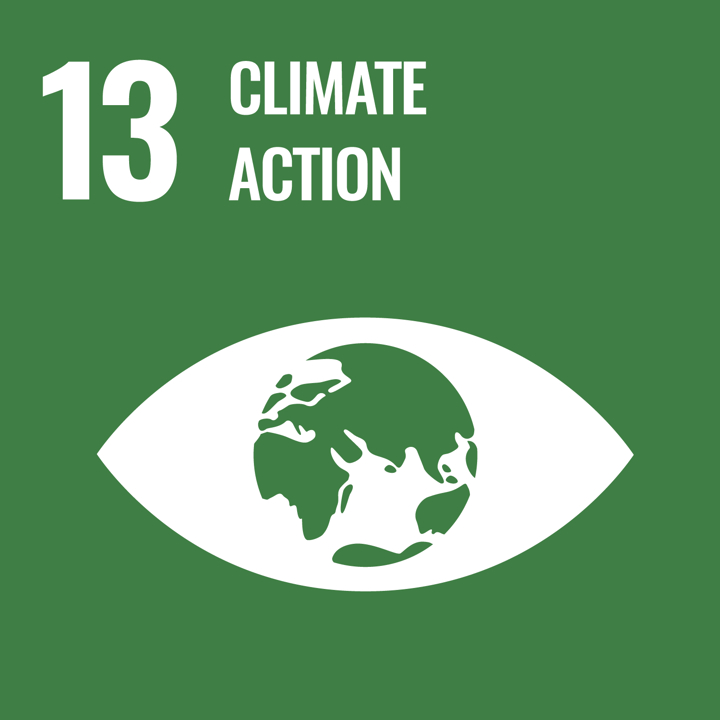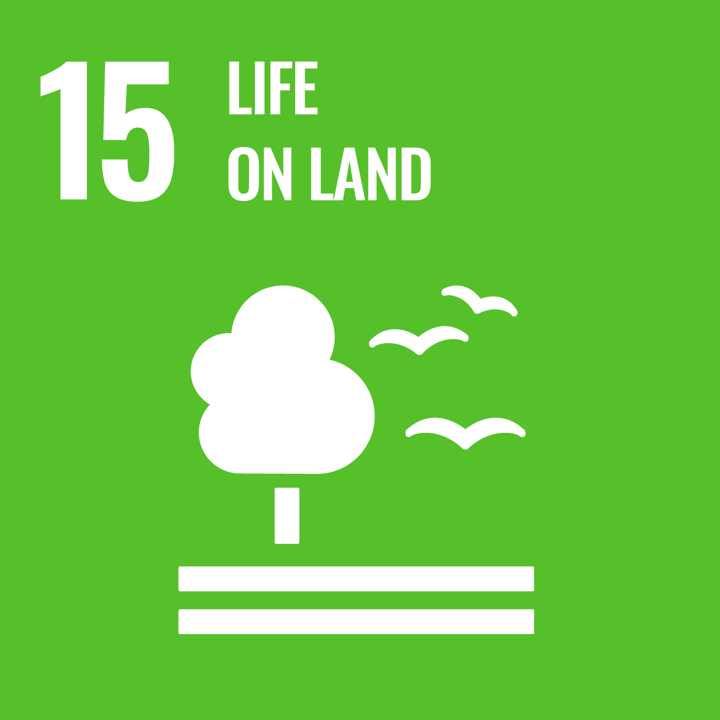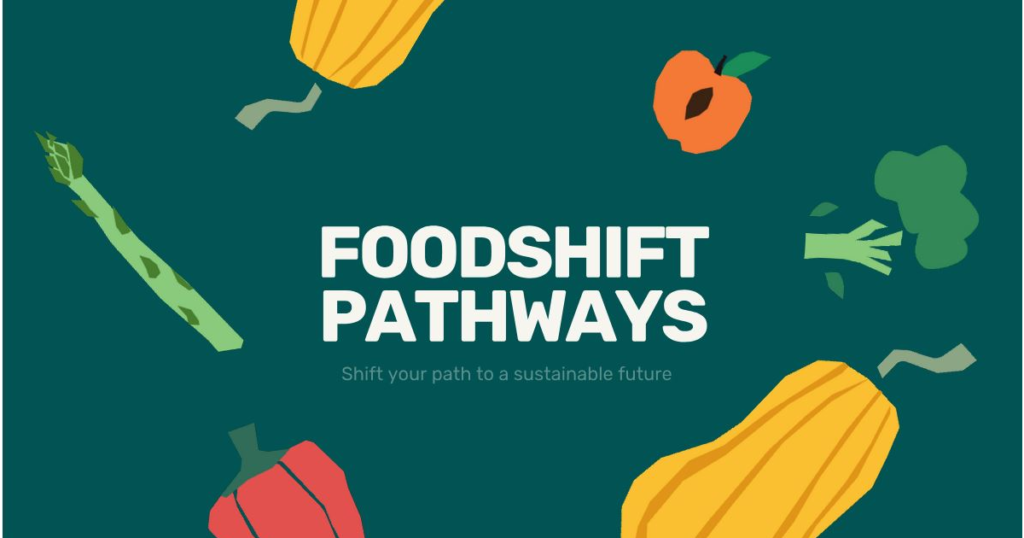
Vorgesehener Endnutzer: Lehrer, Lehrerausbilder
Altersgruppe: Untere Primarstufe; Obere Primarstufe; Untere Sekundarstufe; Obere Sekundarstufe
Lehrplan der Schule: Science; Social, Physical & Health Education; Social & Environment Science; Applied Science
Themen und Fragestellungen: Environmental Change; Food and Agriculture
Art der Ressource: Game, Guidelines & Notes, Audio/Video, Lesson Plans, Project
Schlüsselwörter: Sustainability, Food Systems, Biodiversity, Urban Farming, Community Collaboration
Sprachen: Englisch
Beschreibung
The main goal of the Open Learning Scenarios (OLS) is to guide teachers to extensively address different topics related with the sustainability of food systems. With OLS, students are the center of the learning process, having an active role in building their own knowledge, not only within the school community, but also by developing collaborations outside the school with the surrounding community, through the engagement of diverse societal actors.
In addition to this open schooling approach, OLS also follow the living-lab methodology, adapted to the different context of schools and school communities, where students are at the same level of involvement as societal actors, becoming all together co-creators in real-life scenarios, contributing to the resolution of food system related problems that affect the whole community.
This resource is consisted 60 scenarios that are connected with 6 videos that are ready to be implemented by the teachers.
Wie Sie diese Ressource nutzen können
The Open Learning Scenarios (OLS) resource provides 60 learning scenarios and 6 accompanying videos designed to help teachers guide students in addressing food system sustainability through open schooling and living-lab methodologies. To use this resource:
- Select a Scenario: Choose from the 60 scenarios based on the topic or challenge relevant to your curriculum or local community.
- Watch the Videos: Use the accompanying videos to introduce the topic and spark discussion among students. Each video concludes with a dilemma for students to explore further.
- Facilitate Collaborative Learning: Encourage students to engage actively by brainstorming, discussing, and co-creating solutions for the posed challenges, integrating contributions from societal actors when possible.
- Implement Living-Lab Methodology: Guide students in applying their learning to real-world settings by working collaboratively with the school community and external stakeholders to address local food sustainability issues.
- Evaluate Outcomes: Reflect on the solutions developed, their feasibility, and their potential impact on food system sustainability, fostering critical thinking and problem-solving skills.
Die Ressourcen
Initial Open Learning Scenarios PDF:
Lernergebnisse
- Abfrage des Vorwissens und Weiterentwicklung von Wissen und Verständnis von Schlüsselkonzepten der nachhaltigen Bürgerschaft, wobei etablierte Weltanschauungen und Werte in Frage gestellt werden.
- Anwendung einer Reihe von geeigneten Instrumenten und Rahmenwerken zur Förderung des bürgerschaftlichen Engagements von Studierenden im Bereich Nachhaltigkeit
- das Wissen, die Instrumente und den Rahmen gemeinsam zu synthetisieren, um Bildungsmaterialien und Unterrichtspläne zu erstellen, die an ihren eigenen lokalen Kontext angepasst sind
- Durch Workshop-Aktivitäten und Praxisgemeinschaften werden Kapazitäten und Handlungskompetenzen von Lehrkräften und Führungskräften im Bereich Sustainability Citizenship aufgebaut.
Grüne Kompetenzen
- Nachhaltige Werte verkörpern: Wertschätzung der Nachhaltigkeit; Unterstützung der Fairness; Förderung der Natur
- Komplexität in der Nachhaltigkeit berücksichtigen: Systemdenken; Kritisches Denken; Problemstellung
- Visionen für eine nachhaltige Zukunft: Futures Literacy; Adaptability; Exploratory Thinking
- Handeln für Nachhaltigkeit: Political Agency; Collective Action; Individual Initiative
Creative Commons
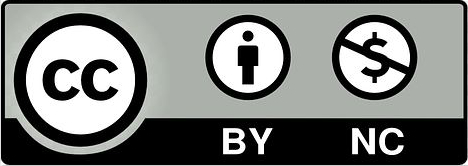
This work, Open Learning Scenarios (OLS), is licensed under a Creative Commons Attribution-NonCommercial 4.0 International (CC BY-NC 4.0) license. The resource was developed by Gisela Oliveira, Joana Vieira and Inês Almas.
SDGs
